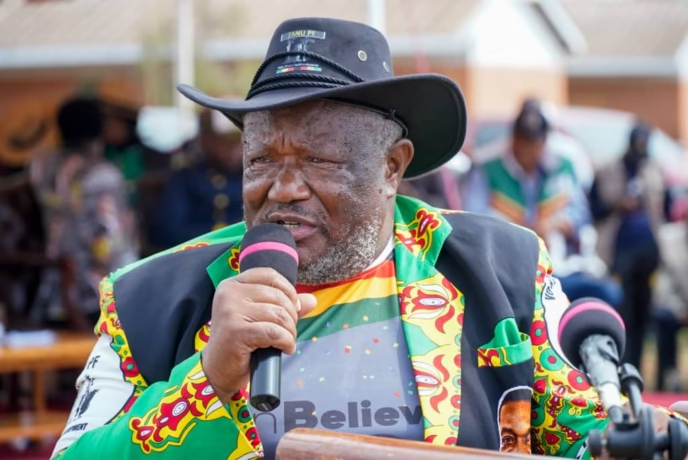
South African journalist Sophie Mokoena recently found herself at the center of social media backlash after questioning the ceremonial welcome extended to Botswana’s President Duma Boko during his travels. Her remarks sparked a broader conversation about the significance of presidential protocol and the cultural nuances that shape such traditions across Africa and beyond.
Presidential protocol varies widely among nations, often reflecting deep-seated cultural, historical, and diplomatic values. In many African countries, the arrival or departure of a head of state is not merely procedural but a celebration of national identity and pride. Traditional dances, music, and symbolic gestures often accompany such events, serving to honor the president while showcasing the nation’s heritage. To dismiss these practices without understanding their roots risks undermining the rich cultural tapestry they represent.
Prominent Zimbabwean lawyer Thabani Mpofu aptly highlighted this perspective, urging Mokoena to respect the choices of other nations and refrain from condescending judgments. His response underscored the importance of embracing diversity in traditions, emphasizing that no single nation’s customs should serve as a benchmark for others.
Mokoena’s critique also points to a broader issue: the need for journalists and public figures to approach unfamiliar practices with intellectual humility and cultural sensitivity. As custodians of public discourse, they hold the responsibility to foster understanding rather than perpetuate misinformation or division. Constructive engagement requires acknowledging that traditions, like presidential protocols, carry symbolic value unique to each country’s identity.
Globally, ceremonial welcomes for heads of state are standard diplomatic practice. The United States, for example, hosts formal arrival ceremonies on the White House lawn, complete with military escorts, national anthems, and a 21-gun salute. Such events reinforce national values and strengthen diplomatic relationships. In Africa, these ceremonies go a step further by connecting the head of state with citizens and celebrating unity and resilience.
For many African nations, honoring a president upon arrival or departure reflects more than respect—it embodies national pride and a collective sense of purpose. In questioning these practices, one risks dismissing the intricate cultural and historical contexts that make them meaningful.
Ultimately, the incident serves as a reminder of the value of cultural sensitivity and responsible communication in fostering mutual understanding. By approaching discussions with respect and a willingness to learn, we can build a more inclusive narrative that celebrates diversity and promotes constructive dialogue. For Mokoena and others, this moment offers a lesson in embracing Africa’s rich traditions, understanding their significance, and respecting the choices of others.




